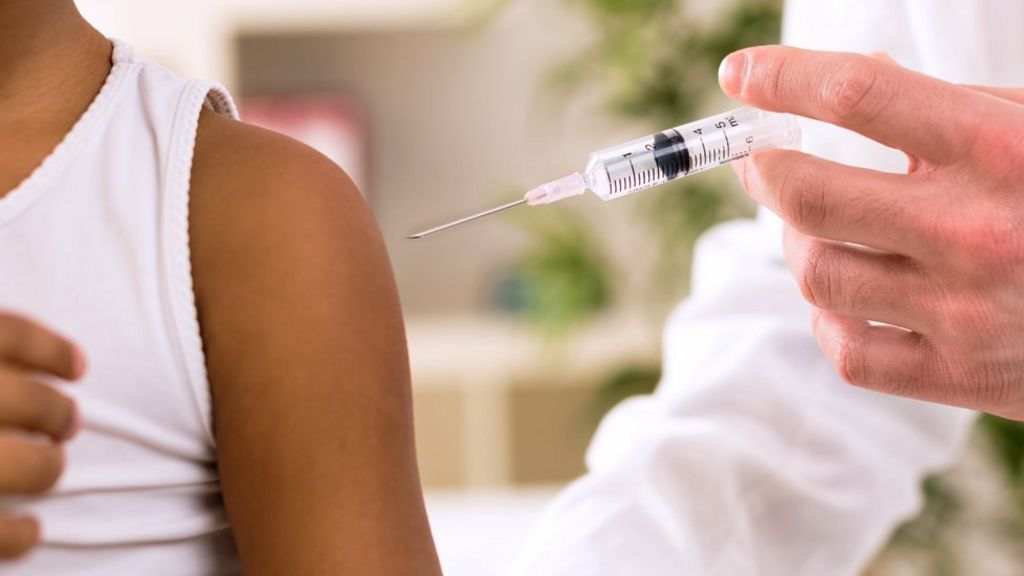
image credit- shutterstock
CanSino Biologics Inc. has developed and launched its 13-valent pneumococcal conjugate vaccine, trade name "iPneucia", optimised for China’s local pneumococcal epidemiology, aiming to provide more precise and safer protection for Chinese children.
The main advantage of iPneucia is its deep optimization based on China’s local epidemiological characteristics. Streptococcus pneumoniae is categorised into different serotypes based on polysaccharide structure and biochemical traits. However, not all serotypes pose the same threat; their pathogenicity and disease burden vary.
Research indicates that serotypes 19F, 19A, 7F, and 3 are the four most burdensome for Chinese children, accounting for over 60% of cases. These serotypes are also characterized by high resistance and high risk of sequelae.
Given these risks, iPneucia is specifically designed to target these four high-risk serotypes, and clinical data show that the geometric mean concentration (GMC) of antibodies against these four serotypes in iPneucia is significantly higher than in the control group. This targeted protection strategy greatly enhances the precision of prevention, reducing disease risks at the source.
The breakthrough of iPneucia lies not only in its enhanced targeting serotypes protection effect, but also in its carrier technology. It pioneers a dual-carrier conjugate process that adopts CRM197 and tetanus toxoid(TT) as carrier proteins. This approach effectively avoids immune interference caused by excessive use of a single carrier and reduces the risk of immune suppression when co-administered with other vaccines, enhancing immunogenicity. Moreover, iPneucia also adopts a more advanced carrier protein conjugation process, ensuring consistent polysaccharide antigen content across all serotypes, significantly reducing competition between components.
Notably, the process of using CRM197 carrier as carrier protein in iPneucia does not require formaldehyde for detoxification, which improves vaccine safety. This is also supported by data from Menhycia, another CRM197-based vaccine developed by CanSinoBIO. Post-marketing surveillance data on adverse events following immunisation (AEFI) for recipients of the Menhycia show a apparently decline in the incidence of AEFI, fever, and local induration.



